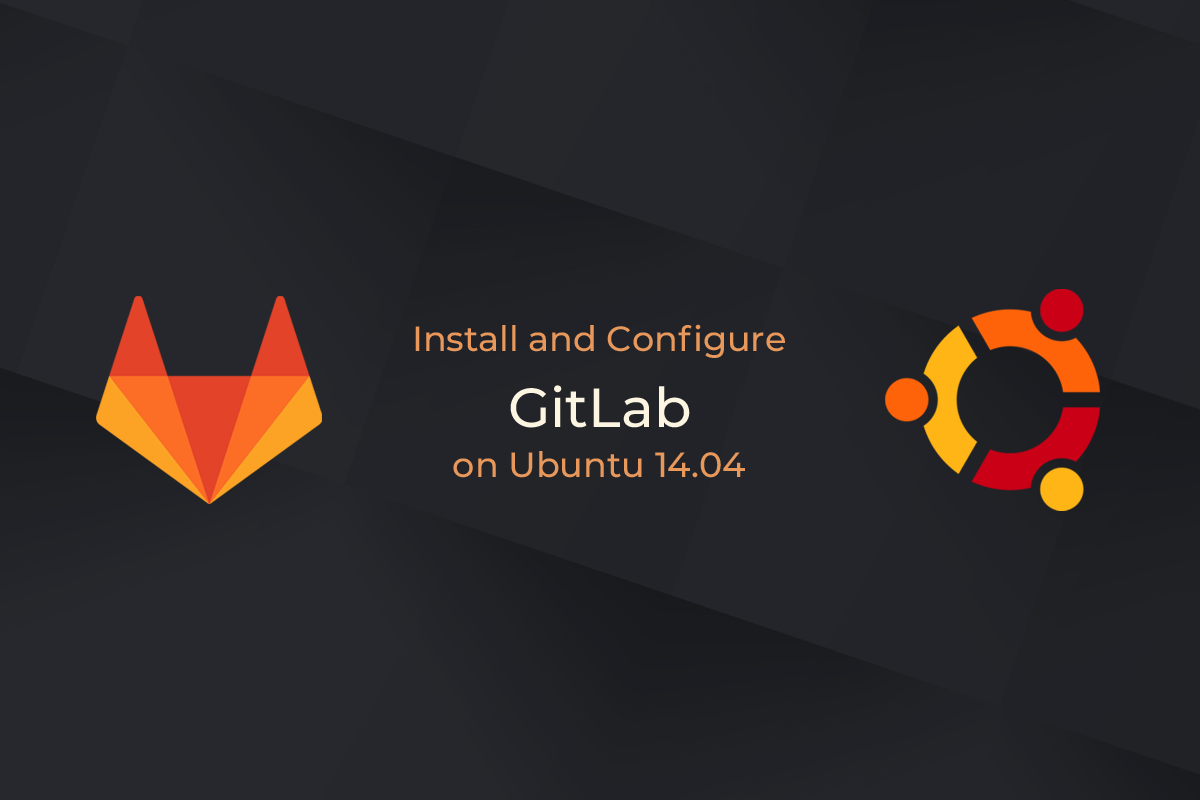

That is why we are impressed and stirred by Ubuntu 14.04. # Customize the amount of memory on the VM:Ĭustomise the CentOS to let remote ssh login config.vm.network :forwarded_port, guest: 22, host: 22222, host_ip: "0.0.0. The advent of OpenStack, the switch to scale out computing and the move towards public cloud providers presents a perfect storm out of which Ubuntu is set to emerge the technology used ubiquitously for the next decade.

# Display the VirtualBox GUI when booting the machine How do I tell a headless Ubuntu 14.04 server how to access a shared drive that is on Windows domain and renew password for a Windows userHelpful Please su. Other boxes can be fetched at mkdir vagrant cd vagrantĮdit the Vagrant file with the following config.vm.provider "virtualbox" do |vb| Sudo VBoxManage extpack install Oracle_VM_VirtualBox_Extension_Pack-4.3.20-96996.vbox-extpack Sudo apt-get install linux-headers-$(uname -r) build-essential virtualbox-4.3 dkms Sudo sh -c 'echo "deb precise non-free contrib" > /etc/apt//' I figure as long as the system path can find ffmpeg, it shouldn't matter if I install it under usr/bin/ffmpeg or /opt/ffmpeg, etc.This was obtained from y-yoshinoya at wget -q -O - | sudo apt-key add. I'm also wondering if it matters where on the offline servers I install/save the binaries to (does it?). However I'm wondering if it has any dependencies that would need to be copied over as well. Finally once unpacking go to Script folder and run the update.sh file that will download all the relevant files cd Scripts/ sudo chmod. Extract the content sudo unzip rocket.zip -d. It looks like ffmpeg usually installs itself to /usr/bin/ffmpeg, so on one hand it could be as easy as copying that binary to the flash drive. (download the Linux version of Rocket Mod) Rename the file to a zip file sudo mv .44691EEF-75EC-45DF-B2FD-50320A289BA5.

I'm wondering what I need to do to get ffmpeg and any of its transitive dependencies loaded onto a USB stick and then subsequently installed on my non-networked/offline 14.04 servers and running correctly. It includes a lot of useful utilities for students and developers, along with some servers like Apache, Proftpd, sendmail, and sshd (all pre-configured). On 14.04 its necessary to add the mc3man/trusty-media repo since ffmpeg was intentionally omitted from the 14.04 official repos. Typically, for an ffmpeg install on Ubuntu 14.04 I use the following commands: sudo add-apt-repository ppa:mc3man/trusty-media Very useful if you don’t have a gateway/router in the local subnet that can do static. The TAP solution is useful if you want the remote VPN users to use the same IP scheme that is in use on the local subnet. I have some Ubuntu 14.04 servers (that is, headless, no UI involved) that for security reasons cannot be connected to the internet, but they need ffmpeg installed on them. This article will guide you in a basic OpenVPN installation on an Ubuntu server running 12.04 or 14.04 using a TAP device on the server.


 0 kommentar(er)
0 kommentar(er)
